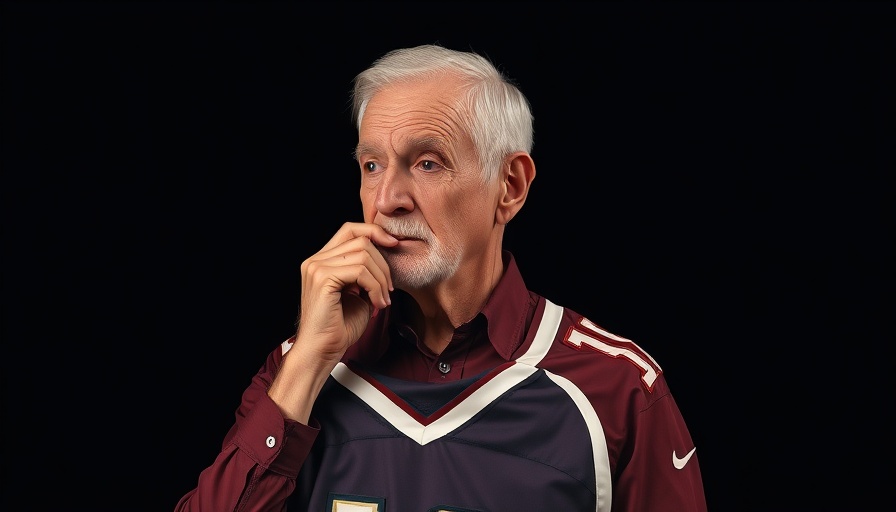
An Unfiltered Journey Through Mamdani's Digital Footprint
A deep dive into Zohran Mamdani's 16,100 tweets paints a picture of a revolutionary figure who seeks to redefine modern America. What stands out isn't just his past, packed with radical ideas and sharp critiques of systemic inequalities, but how these sentiments resonate with many top wage earners in Philadelphia, who feel similarly discontent with the status quo.
Mamdani's Vision: A Call for Radical Change
Mamdani’s tweets express a conspicuously bold vision, advocating for a dismantling of traditional economic structures and systems of oppression. His provocative statements about communism and calls to defund the police resonate with younger voters captivated by social justice movements. For top wage earners, who may enjoy a higher quality of life, his populism questions the very foundation of prosperity. It's a reckoning: is wealth equitably distributed in a way that's sustainable for future generations?
Support for Without Accountability?
Critics might wonder about Mamdani’s proposals: what would defunding the police really look like? In his discussions, Mamdani often compares the current police system to individuals navigating their own precarious economic realities. The average wage earner fears crime and seeks safety, which Mamdani’s radical ideas could threaten. It challenges affluent citizens: will these reforms create safer communities or push society into chaos?
Bridging Digital Narratives with Real Politics
As a potential digital-native mayor, Mamdani leverages the internet to express his beliefs, which directly connects with a younger, more engaged electorate who rely on social media for both information and activism. Philadelphia’s affluent youth might ponder: can Mamdani’s transformative ideas really generate concrete change in the local context, considering the city’s contrasting socio-economic fabric?
Relevance to Philadelphia’s Context
In the City of Brotherly Love, top wage earners observe neighborhoods struggling with high crime rates, insufficient public services, and glaringly visible inequality. Mamdani’s call for systemic change compels affluent individuals to consider their positions and their role in evolving the city’s narrative. How can one leverage financial power for community solutions instead of growing wealth disparity?
Societal Sentiment Shift
Mamdani’s rise speaks to a larger cultural shift among the younger generation, who demand change from their leaders. Understanding this growing sentiment is vital for those at the economic forefront—can they align their interests with progressive movements without losing their influence? Or will they stand against the tide of change?
Final Thoughts
As the election date nears, the stakes will become clearer. Will Philadelphia embrace Mamdani's radical vision, or will it prefer someone with a more traditionally polished plan? This narrative unfolding will impact not just political spheres but the daily lives of all Philadelphians.
Engagement with Mamdani’s ideology requires a willingness from top wage earners to not just listen but to actively coordinate with their communities. The urgency to bridge economic divides calls for a proactive approach, encouraging dialogues about policy changes, community investments, and cultivating a more inclusive economy.
 Add Row
Add Row  Add
Add 




Write A Comment